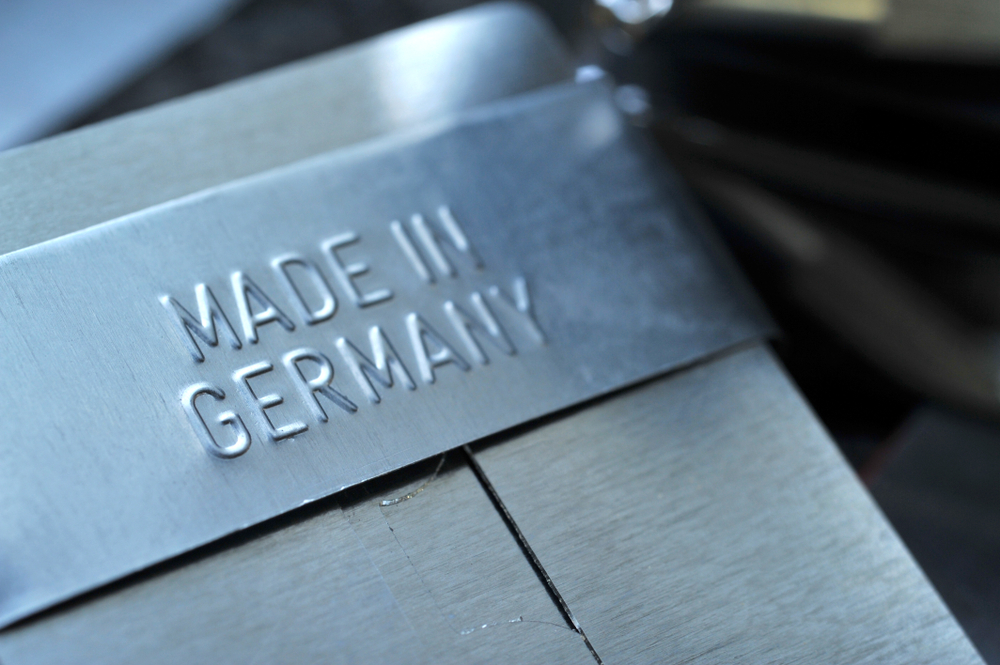Germany’s medium-sized businesses are no longer keeping up with the United States, Scandinavia, and Western Europe after the country ranked fourth from the bottom in terms of competitiveness in a study comprising 21 industrial nations.
The study, conducted by the Leibniz Centre for European Economic Research (ZEW), showed Germany had dropped significantly in the rankings after placing 10th in the first study of its kind by the research center back in 2006.
“Germany’s location factors for family businesses cannot keep up with those in top locations in North America, Western Europe, and Scandinavia. Germany is rated unfavorably in the areas of regulation, taxation, and energy in particular,” the survey revealed.
Critics of the current business environment in Germany blamed the country’s high levels of bureaucracy, with red tape hindering the competitiveness and consequent growth of small to medium-sized companies.
Chairman of the Foundation for Family Businesses Rainer Kirchdörfer called for tax cuts to help alleviate the burden on businesses, telling the German tabloid Bild the country remains “one of the most expensive business locations of all OECD countries.
“If nothing is done, the burden of bureaucracy will kill family businesses,” he warned.
Gitta Connemann, the chair of the SME and Economic Union, was more scathing, slamming the federal government for its phase-out of nuclear power and “tsunami of bureaucracy … paralyzing our operations.”
She said the country is “losing touch” and “is the big loser” in terms of being a desired location for companies.
“All countries are suffering from the (energy crisis), but no one has fallen as we have in almost all areas,” she added.
Economist Clemens Fuest echoed a similar sentiment, telling the German newspaper that weakness in the country’s “tax policy, infrastructure development, energy policy, and a tendency towards over-regulation” had contributed to a stagnant business environment.
Commenting on the study, CDU Vice President Carsten Linnemann said the federal government could not use the ongoing conflict in Ukraine as a scapegoat for the demise of German industry, claiming the decay had set in way before the war.
“Energy prices were not competitive even before the Ukraine war. In this respect, the war must not be used as an excuse,” he said, calling on the federal government to “get out of crisis mode as quickly as possible and bring the country structurally into shape.”





